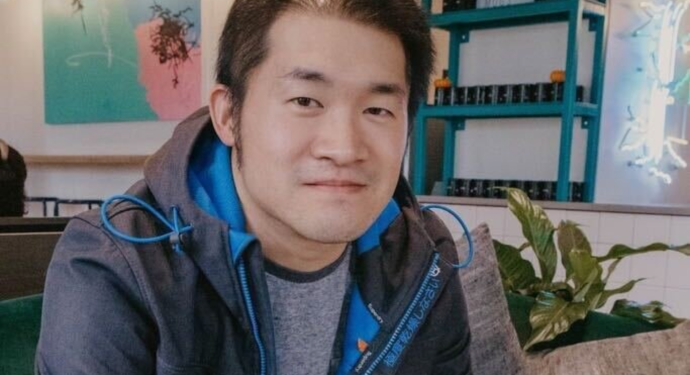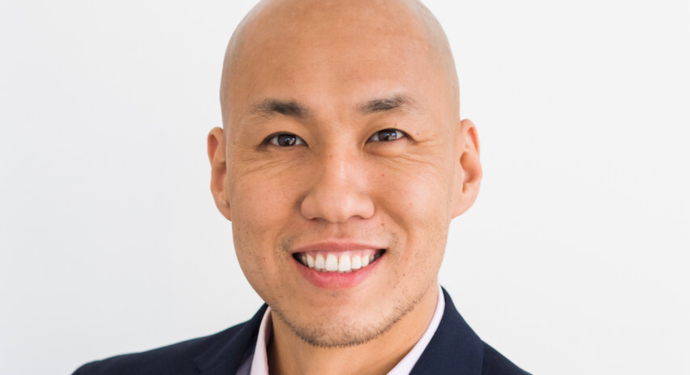The Price Tag of Accelerator Programs
May 11, 2021
One of the great perks of being in a startup ecosystem is access to a wide range of startup programs geared to help founders successfully launch their startup idea. As a founder, joining a startup program can accelerate your growth in reaching key milestones such as validating product-market fit, gaining customer traction, solidifying a go-to-marketing strategy, and other turning points.
Many of these programs support early-stage, growth-driven startups through focused learning, mentorship, workshops, events all with a cohort of fellow innovators. Founders receive back the time, effort, and dedication they put into the program knowing the commitment to the program itself is a huge investment.
As founders consider which startup program to participate in to gain the most value, one noticeable difference they’ll run across is the price tag of an accelerator program. The programs vary on how participants pay for the program and lean towards either a pay-to-play model versus an equity-based model. Both models have key differences that play an important role for founders to determine which program is right for them, which changes depending on what stage the startup is in.
Pay-to-Play Model
In a pay-to-play program model, the organization charges a nominal one-time fee for founders to participate in a well-designed curriculum led by top tech entrepreneurs and industry professionals. Typically, founders are brought together in a cohort program that spans an average of 8-12 weeks.
The pay-to-play model works well for founders at an early stage who are still looking to validate their ideas. Especially founders who may be moonlighting and aren’t quite ready to cut the cord. The program fee serves as validation that not only does the organization running the startup program have skin in the game, but the founder does as well.
Venture Out’s Moonlighter Lab is an example of a pay-to-play model, giving founders the option to join a program that aligns with an early startup’s growth stage. The Moonlighter Lab is an 8-week program for moonlighters and startup founders looking to validate their startup idea and compress their time to market.
The program is geared towards founders who:
- Still employed in their day job or who have recently ventured out full-time.
- Considering fundraising, or are bootstrapping.
- Have some level of traction (user waitlist, customers, product MVP, etc.).
- Seeking connection and support to take your company to the next stage.
Venture Out curates and provides access to human and intellectual capital to fuel the success of the startup via facilitated conversations with vetted founders, mentorship, cohort support, early-stage startup launch content and templates, founder events, and more.
Equity Models
In an equity program model, the organization takes a percentage of equity in exchange for founders to participate in the program or in exchange for a capital investment. Giving up a stake in your company can be a difficult decision for a founder to make, especially so early in the game. It’s a personal choice with long-term consequences and there is no one-size-fits-all answer here.
One consideration to focus on is instead of what founders are giving away but what they’re gaining in terms of expertise and traction they may not achieve otherwise. As Entrepreneur.com directly puts it, “Because 20 percent of something is worth more than 100 percent of nothing.”
The equity model works well for founders with an early-stage idea that has gone beyond validating their idea. They have a product in the market or a functional MVP. Exchanging equity serves as a commitment from both sides to do everything possible to give the startup a chance to succeed.
Many of the top accelerators provide capital investment in exchange for a percentage of the company’s equity.
| Accelerator | Investment | Equity Exchanged |
| TechStars | $20K w/ option for $100K convertible note | 6% (or more with note) |
| AngelPad | $120K | 7% |
| Y Combinator | $125K | 7% |
For founders parting with 6% equity in their company, which is the typical amount a seed-stage accelerator charges, it’s important to understand what that value is worth. For example, the average seed round valuation is $8M. Six percent equity is equivalent to $480K. That’s a big price tag to consider paying for a 12-week program. Of course, there are also a variety of pros to this model: 1:1 mentorship, fundraising support, access to a vetted network, and more.
Venture Out’s Venture Lab is an example of an equity model, giving founders the option to join the program that aligns with an established startup’s growth stage. The Venture Lab is a 12-week program for startups ready to raise capital with lead mentorship, managing director 1:1’s, and hands-on fundraising support. Venture Out secures a 4% equity in exchange for participation in the program which aligns both parties’ interests.
The program is geared towards founders who are:
- Working full-time on their startup business.
- Planning to fundraise in the next three to six months.
- Showing signs of customer traction and growth.
No matter what startup program founders choose between a pay-to-play model and an equity-based model, the underlying goal of these programs is to help founders successfully launch and grow their startup. Founders will find themselves in good company and good hands whichever path they choose. It’s hard enough to commit to building a startup from the ground up. Being part of a startup program will support building a more solid foundation to thrive for long-term growth.









